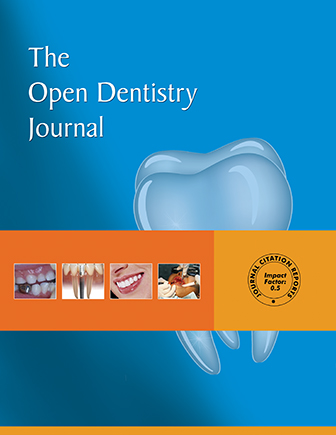Knowledge and Awareness of Oral Mucosal Diseases Among Saudi Dentists
Abstract
Background:
Oral mucocutaneous lesions have a significant impact on patient care. Late diagnosis of oral lesions may affect patients' quality of life and prognosis. Dentists are usually the first to encounter such lesions, and many studies have explored the knowledge and management related to oral cancer. However, not many studies have examined a more comprehensive understanding and management of oral lesions, including infectious and autoimmune/immune-mediated diseases.
Aims:
This study aimed at evaluating dentists’ knowledge and referral patterns regarding oral mucocutaneous diseases.
Methods:
A questionnaire-based cross-sectional study was conducted to evaluate dentists’ knowledge about oral mucocutaneous diseases and referral patterns among Saudi dentists. A total of 301 participants were included in the study. It was voluntary and written informed consent was obtained from the participants. A Chi-square test was used to compare the categorical variables. A p-value of less than 0.05 was considered statistically significant.
Results:
A total of 301 participants responded. Significant differences were observed between genders when asked about being comfortable with treating oral mucosal lesions in their practice (p-value: .019), and males were more convenient than females. A significant difference (p-value: .011) was observed between different educational levels when the participants were asked about the management of patients with oral mucosal lesions. Overall, the majority of participants rarely or never managed oral lesions. When comparing the different groups of participants, postgraduate residents responded more accurately (p-value: 007). Approximately 60% of all participants did not or rarely managed oral lesions in their practice.
Conclusion:
It was found that there was a lack of knowledge among dentists regarding the detection and treatment of oral mucosal lesions. This lack of knowledge can lead to unfavorable patient care and prognosis outcomes.


